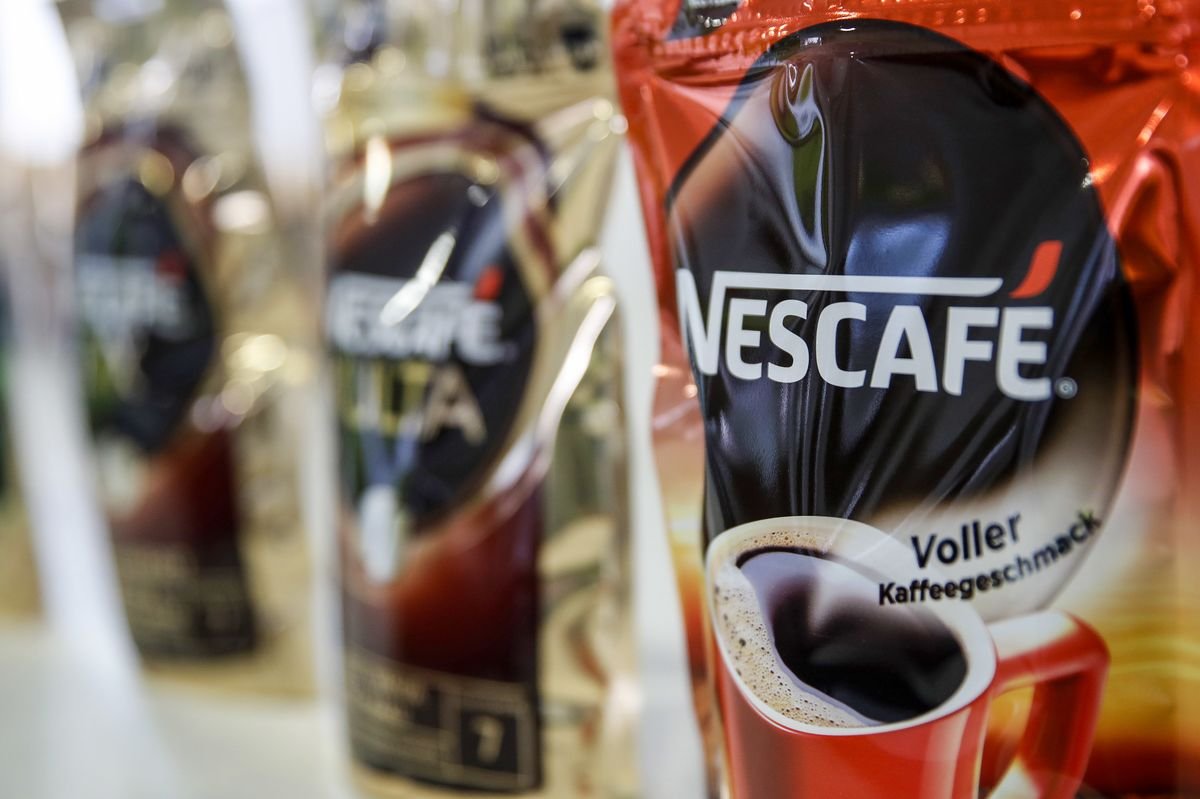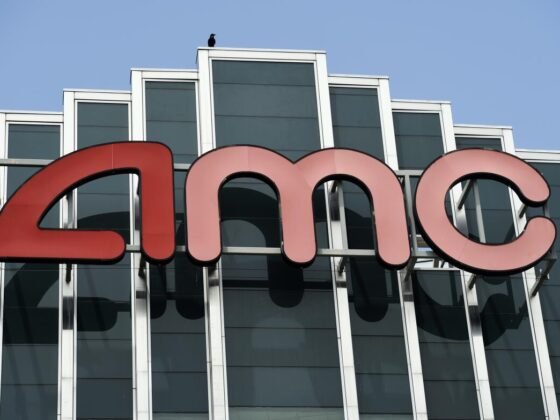
Nestle reported weaker than expected full year net profit despite the world’s biggest food group passing on higher raw material costs by hiking prices for customers.
The maker of the KitKat chocolate bar and Nescafe instant coffee said its net profit attributable to shareholders fell to 9.3 billion Swiss francs ($10.08 billion), missing forecasts for 11.6 billion francs in a company gathered consensus of analysts.
Net profit fell from 16.9 billion francs a year earlier when the company made a big gain from selling part of its stake in L’Oreal and as margins dipped slightly during the year.
Sales increased to 94.4 billion francs, missing forecasts for 95.02 billion francs, despite price increases introduced during the year.
The packaged goods industry has jacked up prices to cope with surging costs of everything from cocoa and sunflower oil to wheat.
The industry had already been battling COVID-era supply chain issues and raw material expenses when Russia invaded Ukraine, further boosting prices of energy and other commodities.
Nestle said its organic growth, which cuts out the impact of acquisitions and currency movements, came in at 8.3%, weaker than the 8.6% expected. Nestle had targeted organic growth of 8% for the year.
Pricing was by far the biggest component of the organic growth, increasing by 8.2%. Volumes in contrast only increased by 0.1% during the year
Chief Executive Mark Schneider acknowledged the difficult environment for consumers.
“Last year brought many challenges and tough choices for families, communities and businesses. Inflation surged to unprecedented levels, cost of living pressures intensified, and the effects of geopolitical tensions were felt around the world.
“Organic growth was solid, margins continued to be resilient, and our underlying earnings per share development was strong.”











